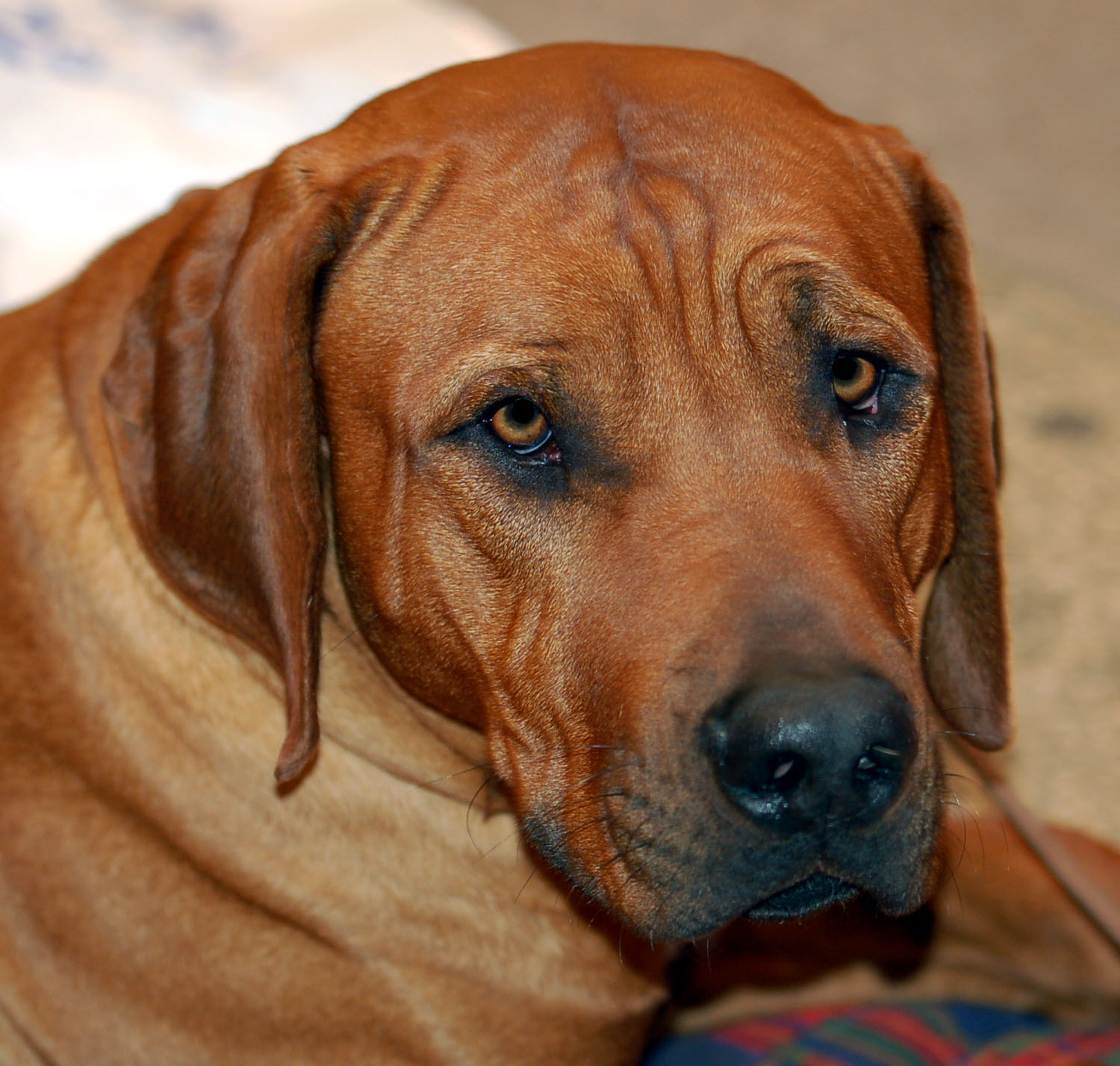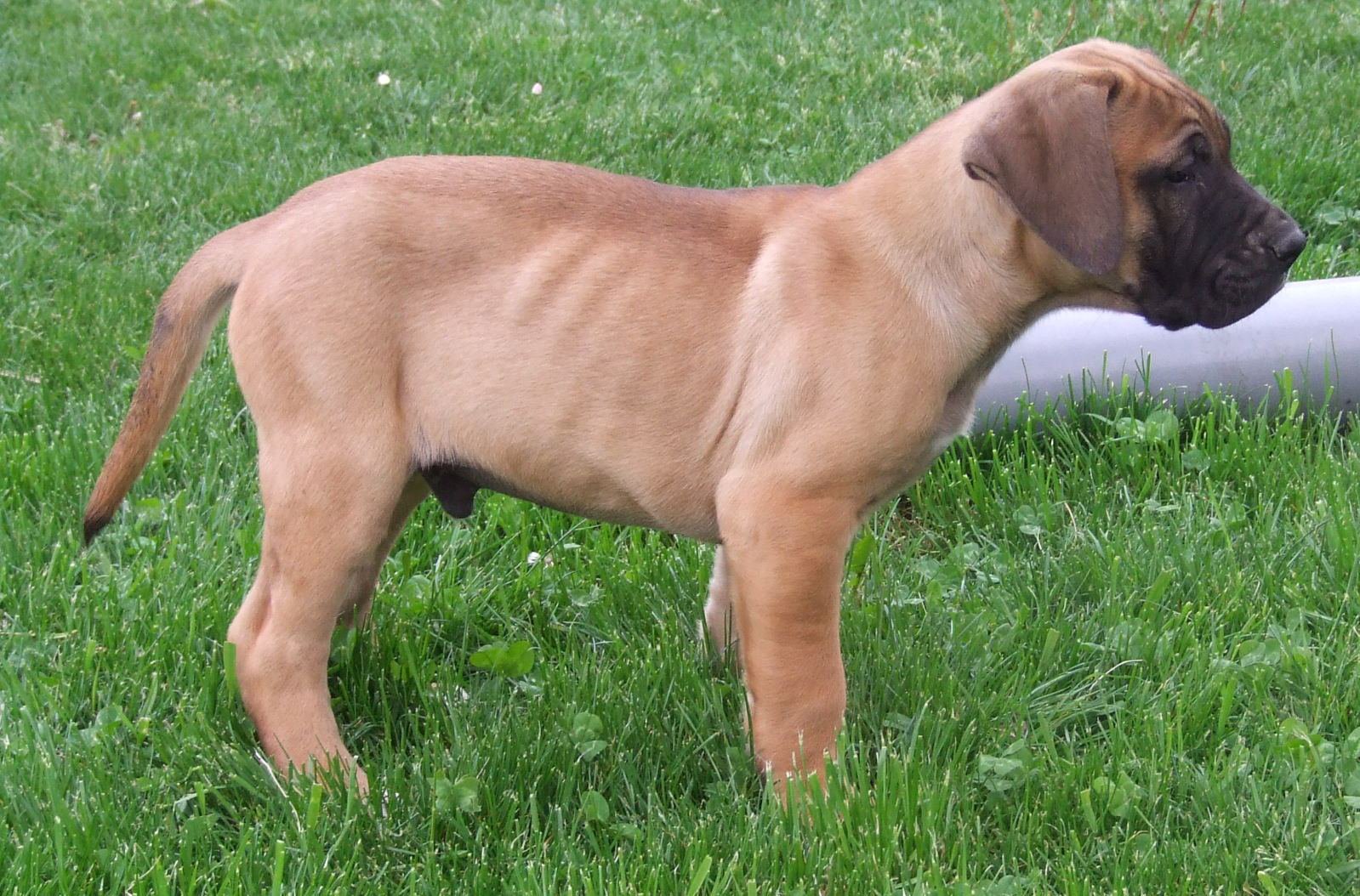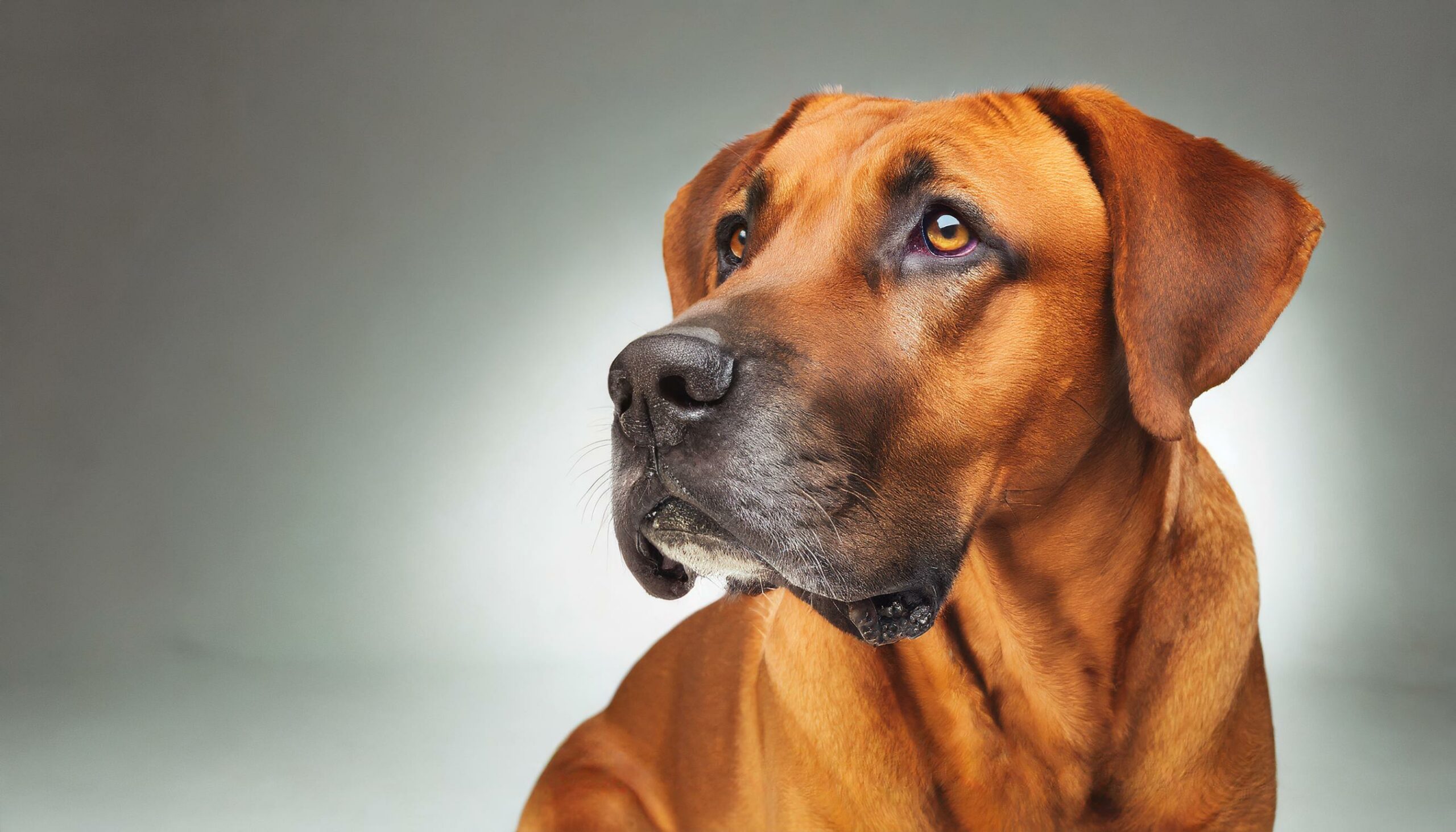Are you curious about the Tosa pup, that somewhat mysterious and quite large dog breed from Japan? Well, it's almost like stepping into a world of truly unique canine companions, and many people are really drawn to their imposing yet gentle presence. You might be wondering what makes them so special, or perhaps if one of these magnificent animals could be the right kind of friend for your home.
There's a lot to unpack when we talk about a Tosa pup, also known sometimes as the Japanese Mastiff. This breed, you know, has a rather interesting past and a personality that surprises many folks. They are considered quite rare, so finding good information about them can be a little bit of a hunt, actually.
We'll explore what makes these dogs tick, from their early days to what it's like to have them around as family members. So, get ready to learn more about these fascinating creatures and see if a Tosa pup, in some respects, fits into your life's picture.
Table of Contents
- Unveiling the Tosa Pup: A Brief Introduction
- The Tosa Inu's Storied Past: From Japan to Your Home
- What Makes a Tosa Pup Tick: Personality and Temperament
- Caring for Your Tosa Pup: Health and Well-being
- Grooming Your Tosa Inu: Simple Care for a Big Dog
- Training and Socializing Your Tosa Pup
- Is a Tosa Pup the Right Fit for You?
- Frequently Asked Questions About Tosa Pups
Unveiling the Tosa Pup: A Brief Introduction
The Tosa, sometimes called the Japanese Mastiff, is a dog breed that truly hails from Japan, as a matter of fact. It's considered quite a rare breed, which just adds to its allure for many dog lovers. People often find themselves fascinated by its impressive size and somewhat unique appearance, you know.
When you're thinking about a Tosa pup, it's good to remember that this is a large breed, and that means they come with some particular needs and characteristics. They are often misunderstood, and because of that, there's quite a bit of information to consider before bringing one home, naturally.
This article aims to give you a good look at what a Tosa pup is all about, covering their personality, their background, how to care for them, and just generally what to expect. We want to help you decide if this rather special dog could be a good match for your home, you see.
The Tosa Inu's Storied Past: From Japan to Your Home
Every dog breed has a story, and the Tosa Inu, sometimes known as the Japanese Tosa, has a rather compelling one that starts in Japan. This breed's history really shapes who they are today, and it's quite important to understand that background when you're considering a Tosa pup.
A Look at Their Origins
The Tosa Inu was first developed, you know, as a Japanese fighting dog. This part of their history, while perhaps a bit unsettling to some, is a key piece of their development. They were bred for strength, courage, and a certain kind of quiet determination, which actually still shows in their temperament today.
This early purpose meant that breeders focused on creating a powerful and resilient dog. So, when you look at a Tosa pup, you're seeing generations of careful selection for specific physical and mental traits, in a way. It's a history that really explains a lot about their build and their calm demeanor.
Beyond the Fighting Ring: A Reputation Revisited
Because of their original role, the Tosa Inu sometimes carries an unfair reputation. Many people, you know, hear "fighting dog" and immediately think of aggression, which isn't always fair or accurate for the breed as a whole. It's important to look past this historical label and really understand the individual dog.
Today, responsible breeders and owners focus on bringing out the best qualities of the Tosa Inu, which include their loyalty and their somewhat gentle nature. They are, in fact, much more than their past suggests, and understanding this helps in appreciating them for the companions they can be, you see.
What Makes a Tosa Pup Tick: Personality and Temperament
When you get to know a Tosa pup, you'll find that their personality is quite interesting, often defying initial expectations based on their size and history. They are not just big dogs; they have a rather distinct way of being, and it's really worth getting to know that.
Quietly Affectionate Family Members
One of the most striking things about Tosa Inus is that they can be quietly affectionate with their families. This isn't the kind of dog that's always jumping around for attention; instead, they often show their love in a more reserved, yet deeply felt, way. It's a very calm sort of bond, you know.
They might lean into you, or just be content to be in the same room, offering a sense of calm presence. This quiet affection makes them very comforting companions for those who appreciate a less boisterous display of love, and it’s actually a truly lovely trait.
Understanding Their Demeanor
The Tosa is often described as a rare and somewhat misunderstood dog, and that's partly because their demeanor is not always what people expect. They tend to be quite composed and watchful, rather than overtly playful or excitable, especially as they get older, you know.
This calm nature means they are generally not prone to excessive barking or hyperactivity inside the home. They possess a quiet dignity, which, in some respects, makes them quite impressive to observe. Getting to grips with their natural calm helps you appreciate their true character, naturally.
Caring for Your Tosa Pup: Health and Well-being
Bringing a Tosa pup into your life means taking on the responsibility of caring for a large and somewhat unique breed. Their health and overall well-being depend a lot on the kind of care they get, and it's something you really need to think about seriously, you know.
General Health Considerations
Like all large breeds, Tosa Inus can be prone to certain health conditions. It's important to learn more about the Tosa including personality, history, grooming, pictures, videos, and the AKC breed standard to understand what to look out for. This helps you be proactive about their care, you see.
Conditions like hip and elbow dysplasia, which are common in many big dogs, are something to be aware of. Responsible breeders will usually screen their dogs for these issues, and finding a good breeder is, in fact, a really important first step for a healthy Tosa pup.
Feeding and Nutrition
A large breed like the Tosa pup needs a diet that supports their growth and maintains their impressive size. High-quality dog food, formulated for large breeds, is typically recommended. You'll want to make sure they're getting the right balance of nutrients to keep their bones strong and their muscles healthy, naturally.
Overfeeding can lead to rapid growth and joint problems, so it's quite important to follow feeding guidelines and monitor their weight. Your veterinarian can offer specific advice tailored to your Tosa pup's age and activity level, which is something you should definitely consider, you know.
Exercise Needs for a Large Breed
While Tosa Inus are not usually hyperactive, they do need regular exercise to stay healthy and happy. Daily walks and some playtime are usually sufficient to keep them in good shape. It's not about constant running, but rather consistent activity, in a way.
Because of their size, you'll want to make sure any exercise is done in a safe and controlled environment. They might enjoy a good stroll around the neighborhood or some time in a securely fenced yard, you know. Regular, moderate activity helps prevent obesity and keeps their joints moving freely.
Grooming Your Tosa Inu: Simple Care for a Big Dog
Grooming a Tosa Inu is generally a fairly straightforward process, which is quite nice considering their size. Their coat is short and dense, so it doesn't require a lot of complicated procedures. It's about consistency more than anything else, you see.
A weekly brush with a rubber curry brush or a shedding blade can help remove loose hair and keep their coat shiny. This also helps distribute natural oils, which is good for their skin. Plus, it's a nice way to bond with your Tosa pup, you know.
Beyond brushing, regular nail trims are pretty important, as long nails can cause discomfort and even lead to foot problems. Ear cleaning and dental care should also be part of their routine. These simple steps help keep your Tosa Inu feeling good and looking their best, you know.
Training and Socializing Your Tosa Pup
Training and socializing a Tosa pup are absolutely essential, given their size and their natural protective instincts. Starting early and being consistent are really key to raising a well-behaved and confident adult dog. It's a bit like building a strong foundation, you see.
Early Socialization is Key
Exposing your Tosa pup to a variety of sights, sounds, people, and other friendly dogs from a young age is extremely important. This helps them grow into well-adjusted adults who are comfortable in different situations. It's about teaching them that the world is a safe place, you know.
Puppy classes can be a wonderful way to achieve this, providing controlled environments for positive interactions. The more positive experiences your Tosa pup has early on, the more confident and calm they will be as they grow up, which is something you really want, naturally.
Consistent and Positive Training
Tosa Inus respond best to consistent, positive reinforcement training methods. They are intelligent dogs, but they also have a strong will, so clear and firm, yet gentle, guidance is required. Yelling or harsh corrections are usually counterproductive and can damage your bond with them, you know.
Focus on teaching basic obedience commands like sit, stay, and come, and practice them regularly. Because of their size, good leash manners are also very important for safety and control. Investing time in their training will pay off immensely, providing you with a well-behaved companion, as a matter of fact.
Is a Tosa Pup the Right Fit for You?
Deciding if a Tosa pup is your perfect match is a big decision, and it's one that requires careful thought. This isn't a breed for everyone, and honestly, that's perfectly fine. It's about finding the right home for the right dog, you know.
Considering Their Size and Needs
The Tosa Inu is a large breed, and that means they need space, both indoors and out. They also require owners who are prepared for the physical strength of a big dog. If you live in a small apartment or aren't able to manage a powerful animal, this might not be the best choice for you, you see.
Their needs extend beyond just physical space; they need companionship and mental stimulation too. A Tosa pup thrives when they are truly part of the family and get enough attention and consistent training. It's a full commitment, really, to a big, loving animal.
Commitment to a Rare Breed
Because the Tosa is a rare breed, finding a reputable breeder can take time and effort. You might need to wait for a litter, and puppies can be more expensive than more common breeds. This commitment starts even before you bring your Tosa pup home, you know.
Also, being a rare breed means that not every veterinarian might be intimately familiar with their specific quirks or common health issues. You might need to find a vet who is willing to learn or who has experience with giant breeds, which is something to consider, you know. Learn more about Tosa Inus on our site, and for more detailed breed information, you can also check out this page on the American Kennel Club website.
Frequently Asked Questions About Tosa Pups
People often have many questions about Tosa pups, especially since they are a less common breed. Here are some answers to things folks frequently ask, which might help you understand them better, you know.
Are Tosa Inus good family dogs?
Tosa Inus can be quietly affectionate with their families. They tend to be calm and composed, making them good companions for those who understand their need for consistent training and socialization. They are generally loyal to their people, but their size and protective instincts mean they need an owner who can provide strong leadership and early exposure to different situations, as a matter of fact.
What is the Tosa Inu's temperament like?
The Tosa Inu's temperament is often described as calm, quiet, and watchful. They are not typically boisterous or overly excitable. While they were originally developed as fighting dogs, modern Tosas, with proper upbringing, tend to be dignified and composed. They can be reserved with strangers but are usually very devoted to their immediate family, you see.
What are the main health concerns for a Tosa pup?
Like many large dog breeds, Tosa Inus can be susceptible to certain health issues. Common concerns often include hip and elbow dysplasia, which affect their joints. Bloat, a serious condition where the stomach twists, is also a risk for deep-chested breeds. Responsible breeders will usually screen their dogs for these hereditary conditions, and owners should be aware of the signs and symptoms, you know.



